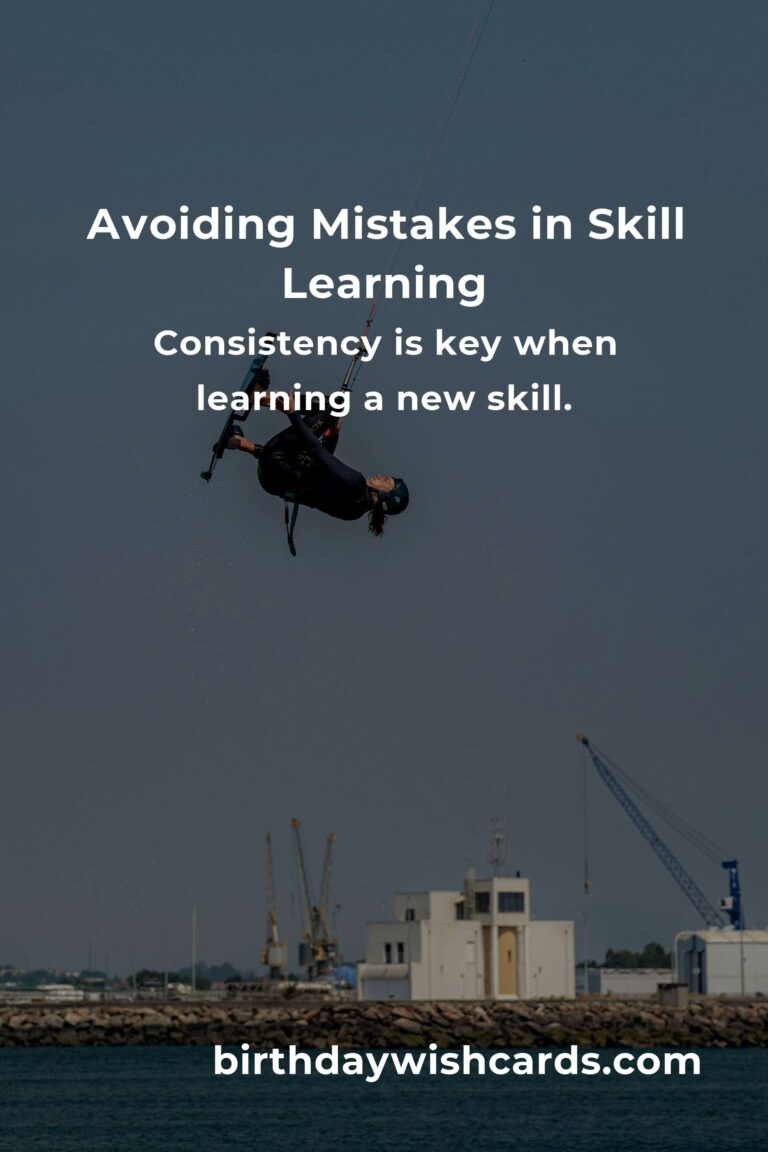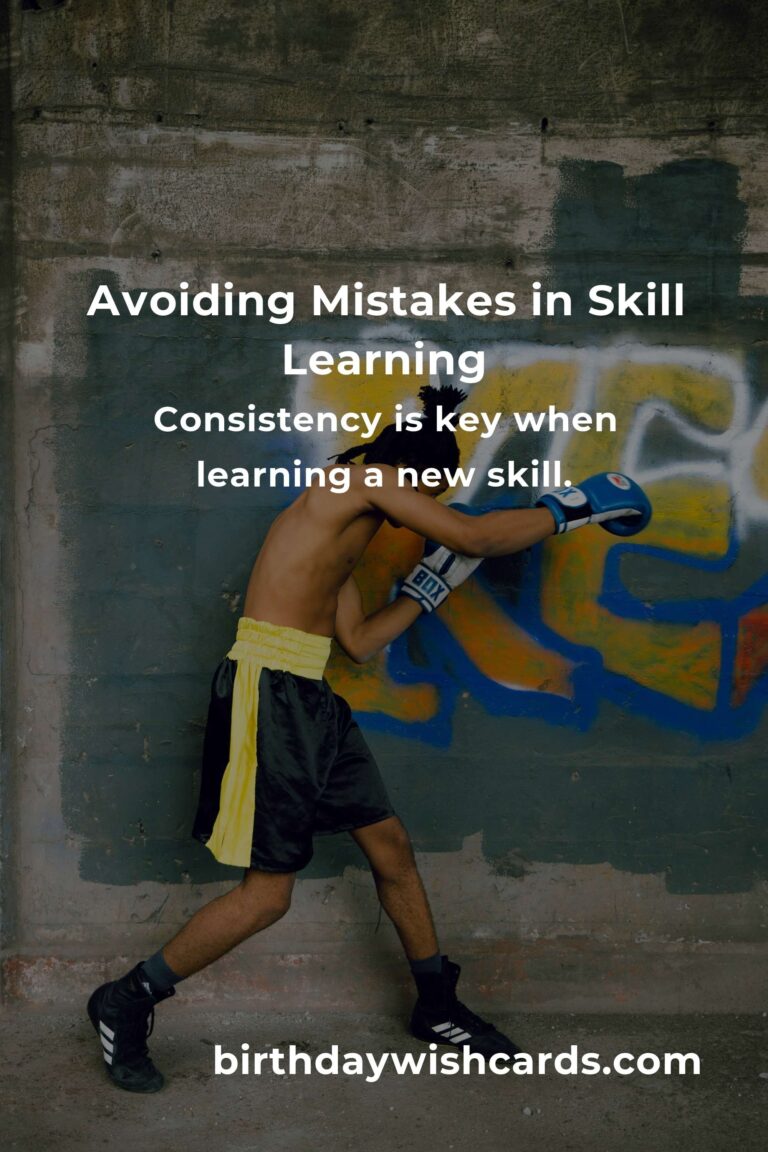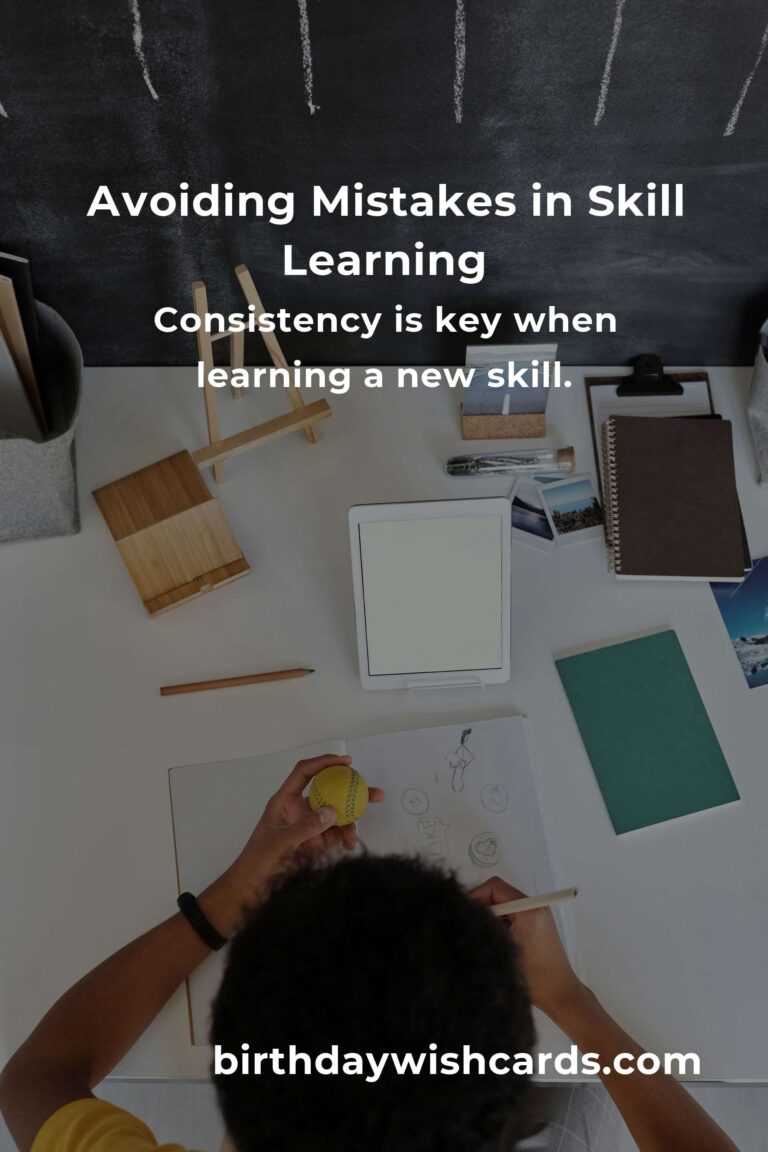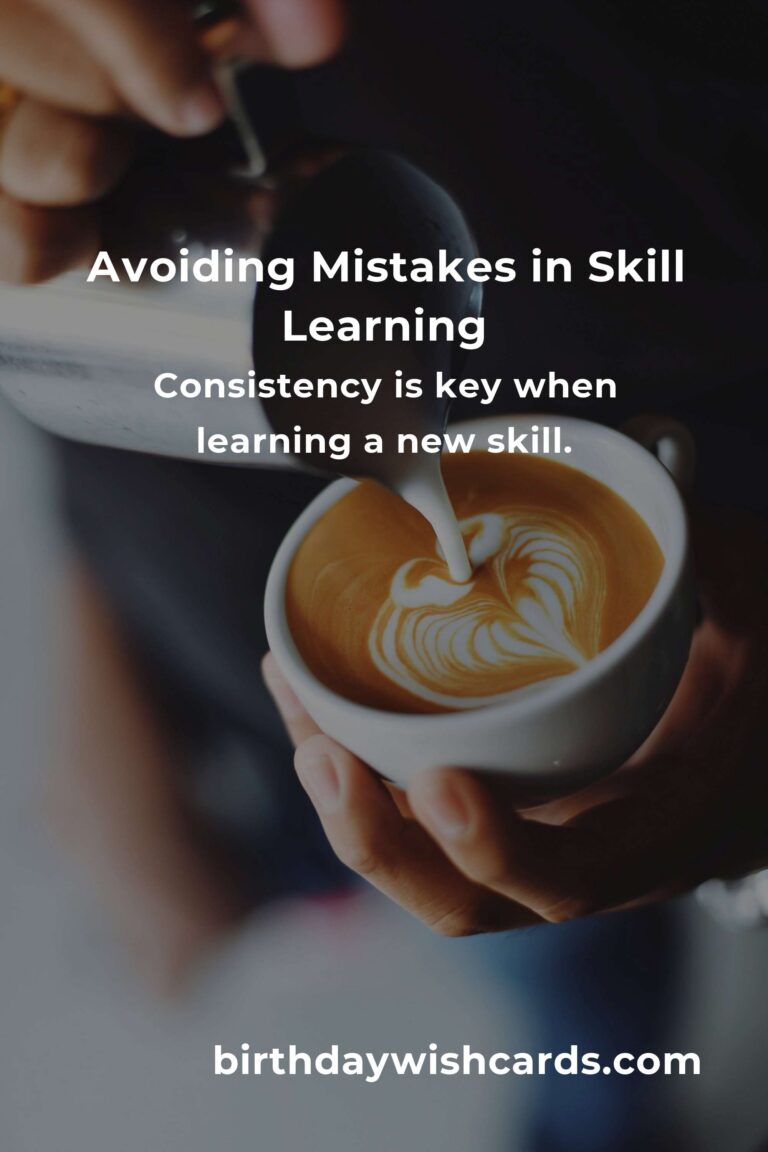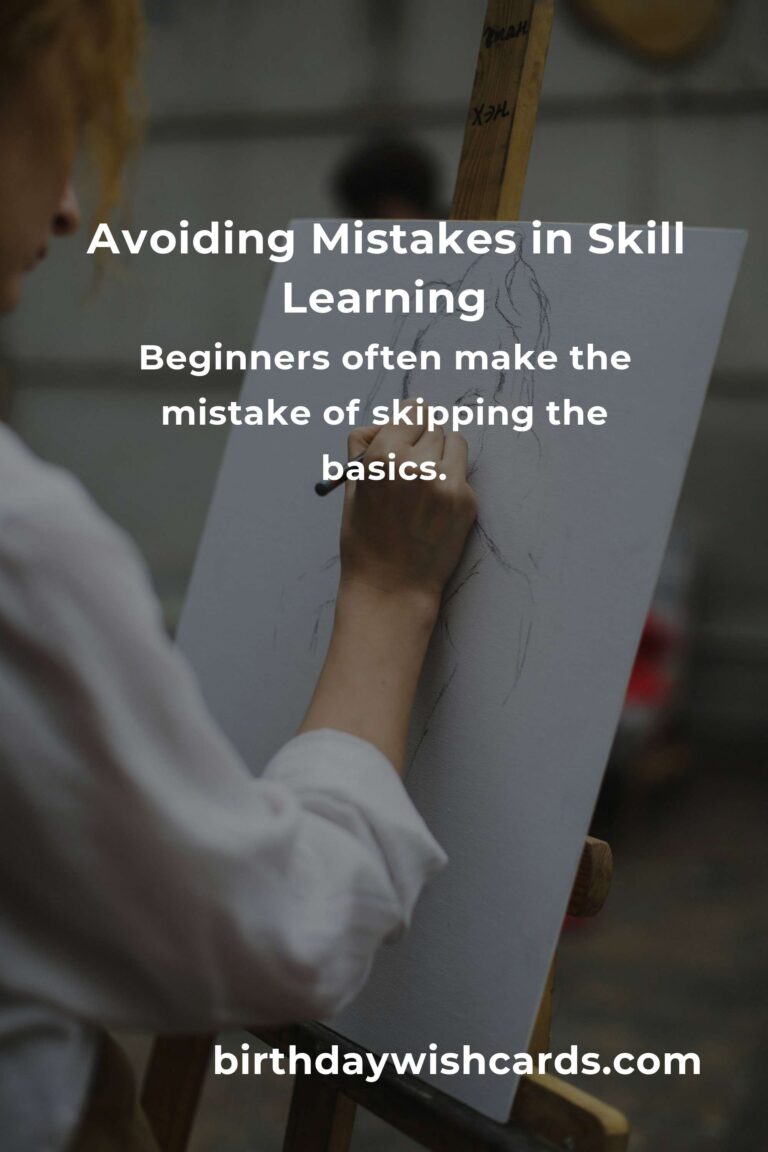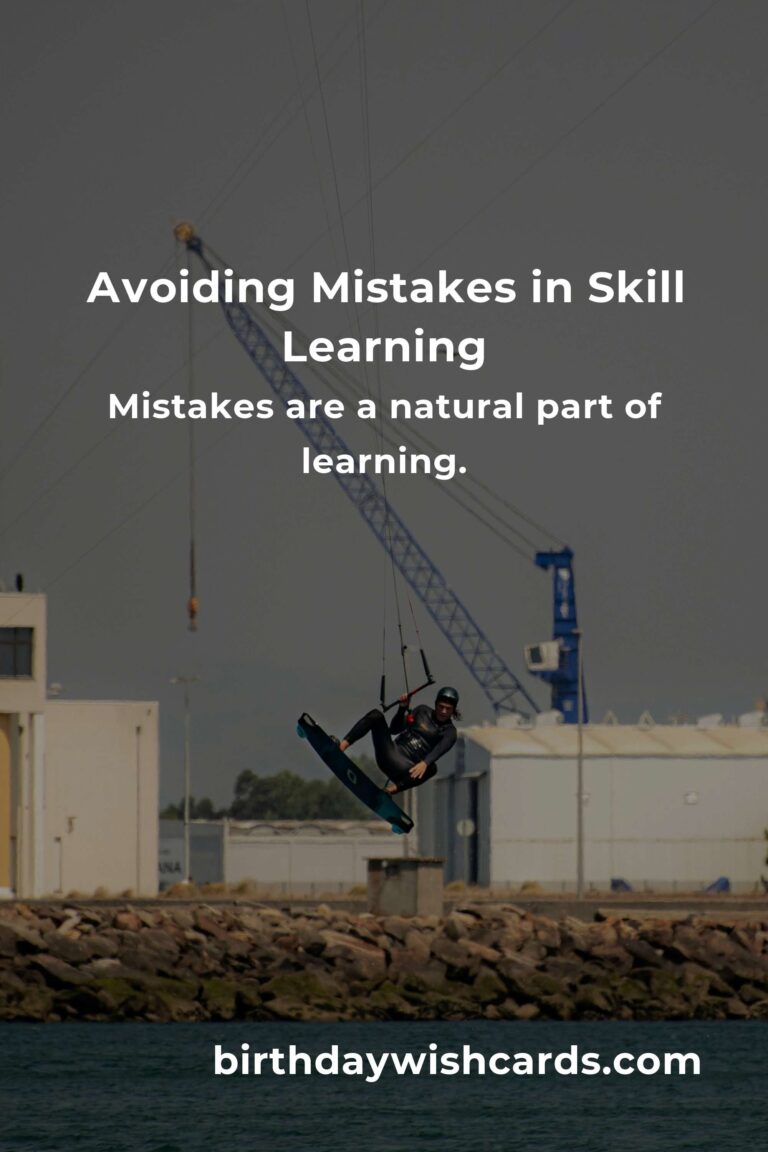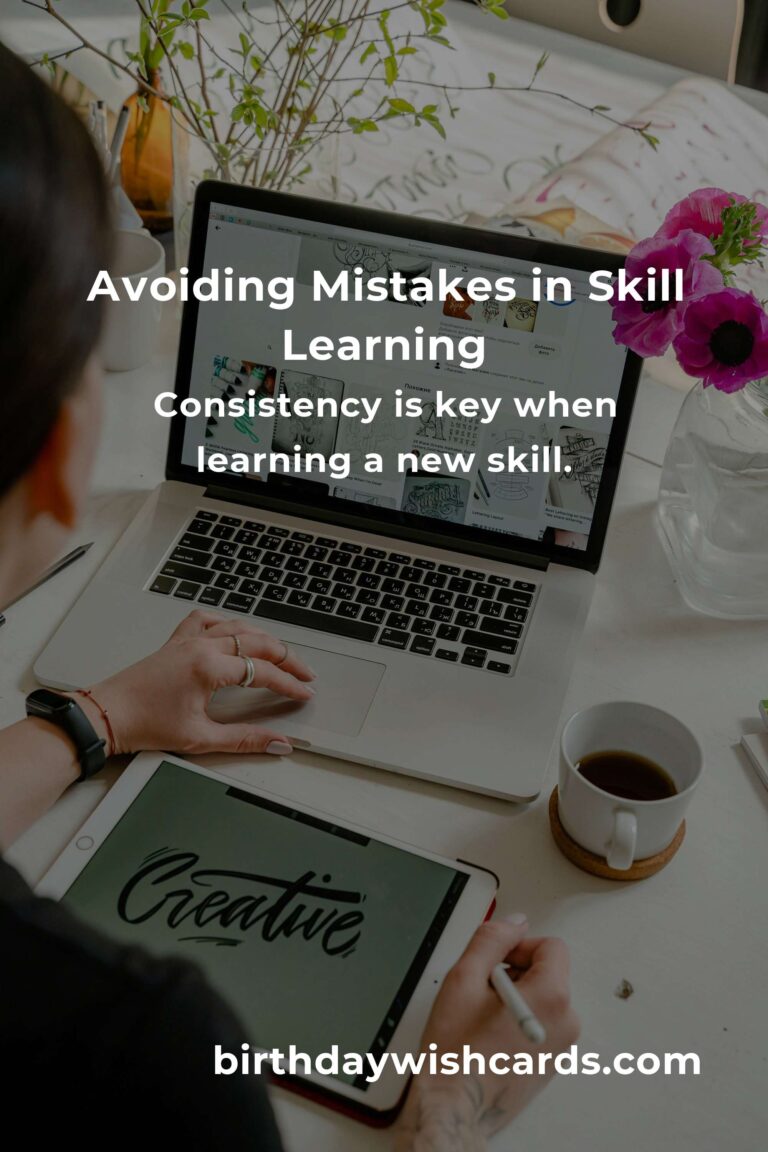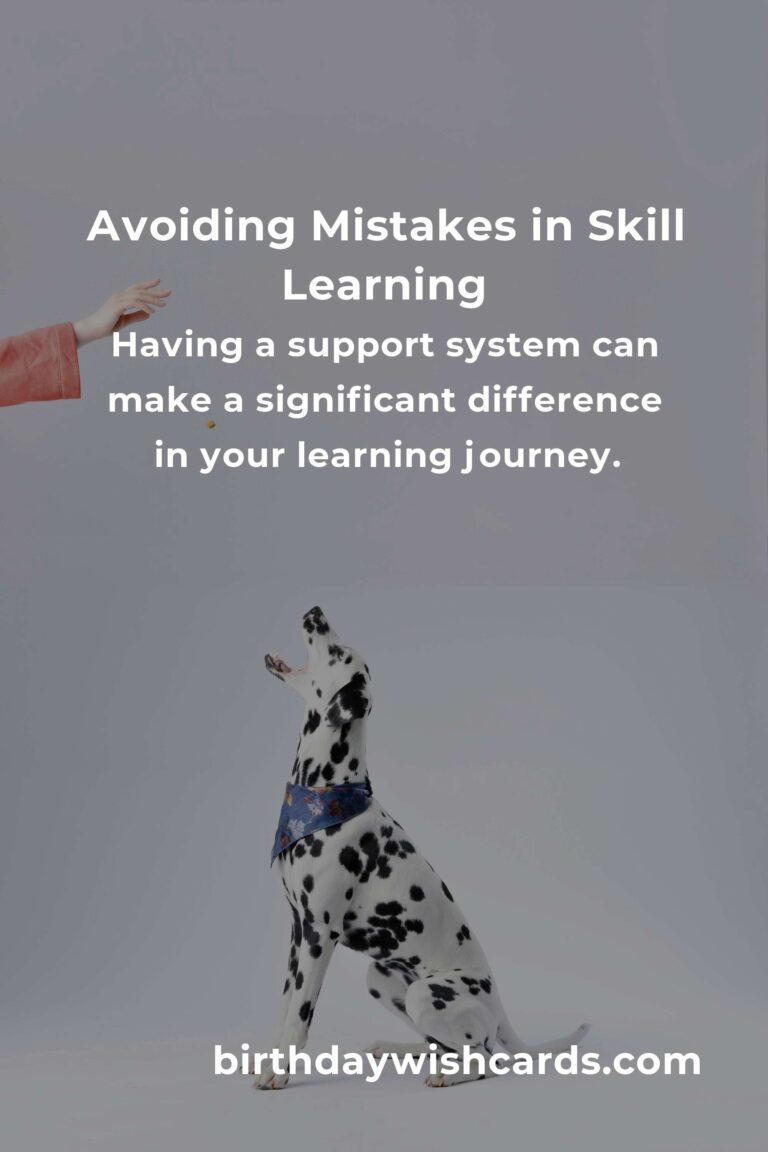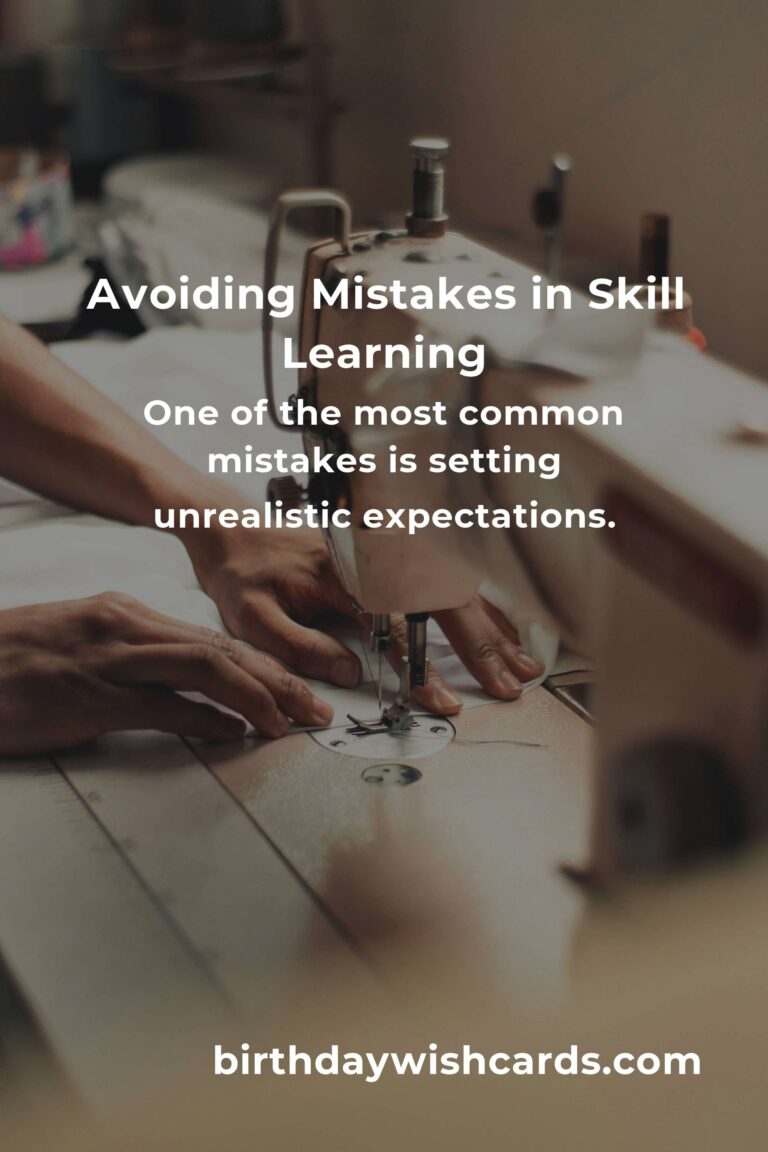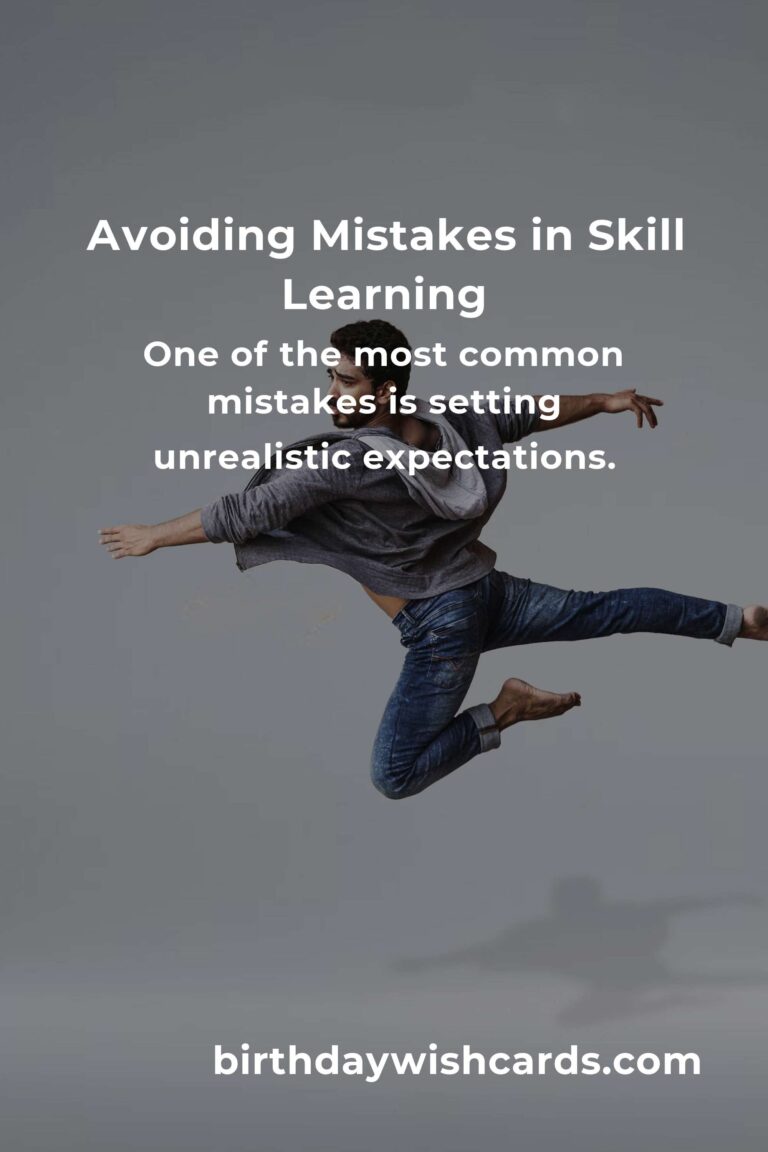
Learning a new skill can be an exciting yet challenging journey. Whether you’re picking up a musical instrument, learning a new language, or diving into a new sport, the process can be fraught with pitfalls. Understanding these common mistakes and how to avoid them can make your learning experience more effective and enjoyable.
Setting Unrealistic Expectations
One of the most common mistakes is setting unrealistic expectations. Many learners expect to master a new skill overnight, which can lead to frustration and discouragement. It’s essential to set achievable goals and understand that mastery takes time and patience.
Lack of Consistency
Consistency is key when learning a new skill. Sporadic practice sessions can hinder progress. Instead, aim for regular, shorter practice sessions. This approach helps reinforce learning and build muscle memory more effectively than infrequent, long sessions.
Skipping the Basics
Beginners often make the mistake of skipping the basics in their eagerness to advance quickly. However, a strong foundation is crucial for mastering any skill. Spend adequate time on foundational techniques before moving on to more advanced concepts.
Not Seeking Feedback
Feedback is a vital component of the learning process. Without it, you may unknowingly develop bad habits. Seek feedback from experienced individuals, whether it’s a teacher, coach, or peer. Constructive criticism can guide you in the right direction.
Fear of Making Mistakes
Mistakes are a natural part of learning. Fear of failure can prevent you from trying new things and hinder your progress. Embrace mistakes as learning opportunities and focus on what you can learn from them.
Comparing Yourself to Others
It’s easy to compare your progress to others, but this can be demotivating. Everyone learns at their own pace, and comparing yourself to others can lead to unnecessary pressure. Focus on your own progress and celebrate your achievements.
Lack of a Support System
Having a support system can make a significant difference in your learning journey. Whether it’s friends, family, or a community of learners, having people to encourage and motivate you can provide the boost you need to keep going.
Conclusion
Avoiding these common mistakes can significantly enhance your ability to learn a new skill effectively. By setting realistic expectations, maintaining consistency, focusing on the basics, seeking feedback, embracing mistakes, avoiding comparisons, and building a support system, you’ll be well on your way to mastering your new skill.
Learning a new skill can be an exciting yet challenging journey. One of the most common mistakes is setting unrealistic expectations. Consistency is key when learning a new skill. Beginners often make the mistake of skipping the basics. Feedback is a vital component of the learning process. Mistakes are a natural part of learning. It’s easy to compare your progress to others, but this can be demotivating. Having a support system can make a significant difference in your learning journey.
#Learning #SkillDevelopment #AvoidMistakes #NewSkills #SelfImprovement


